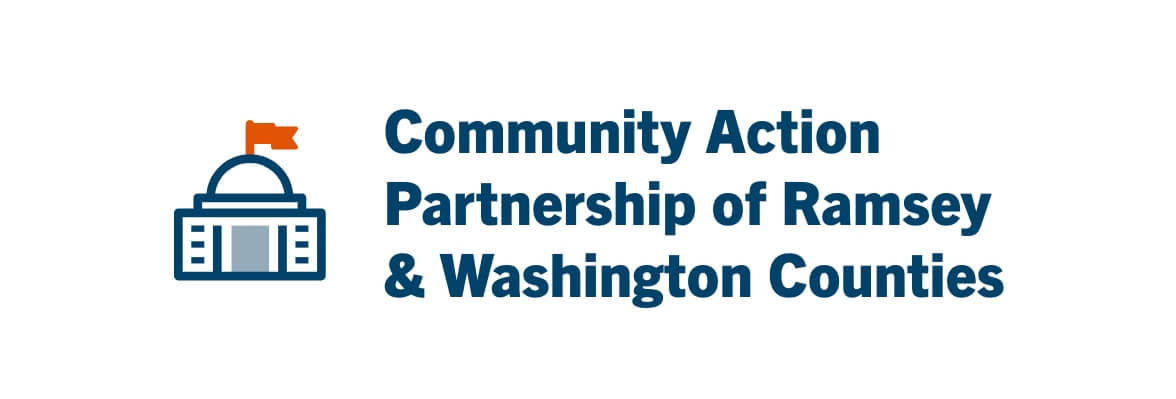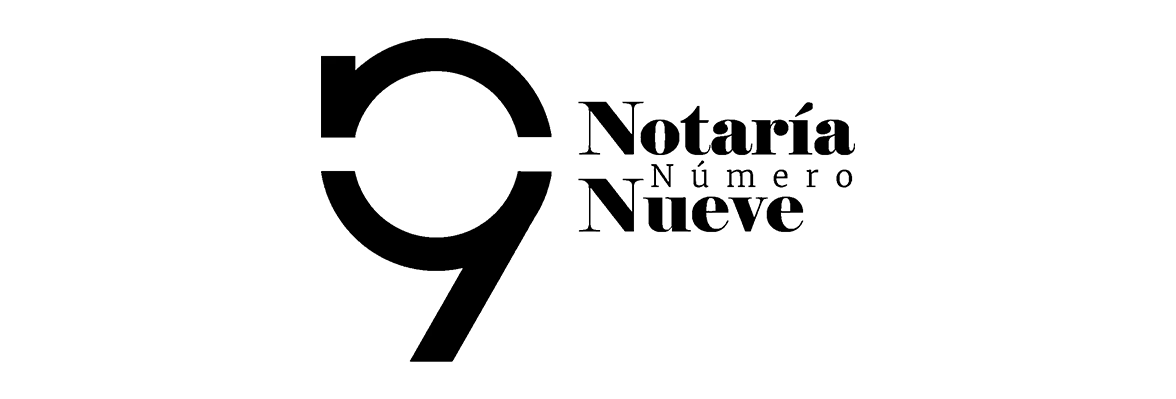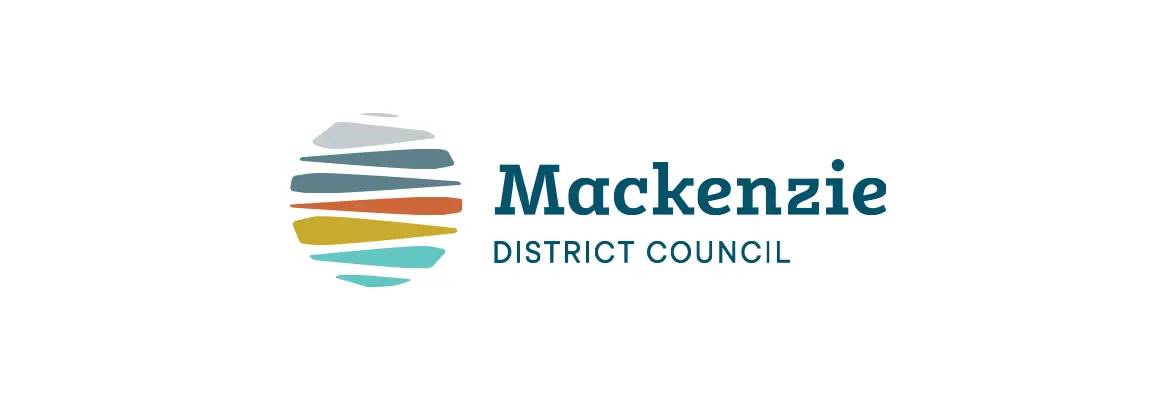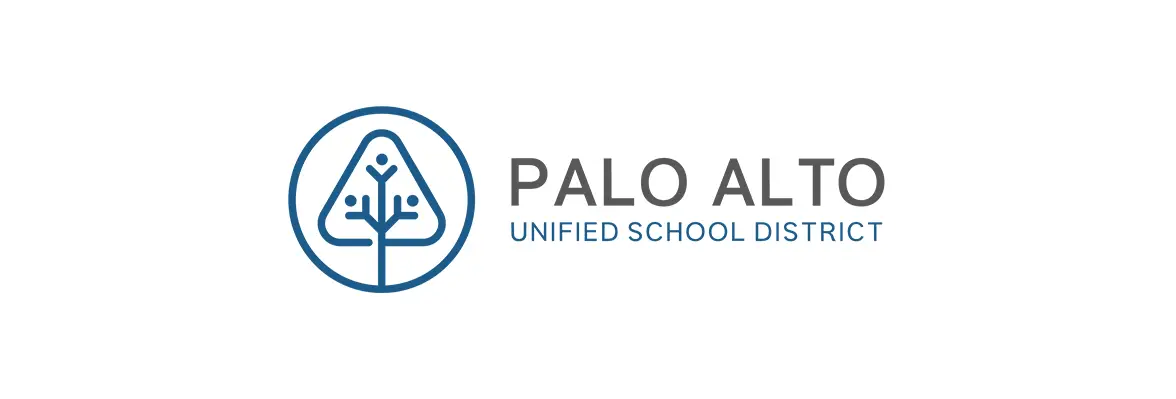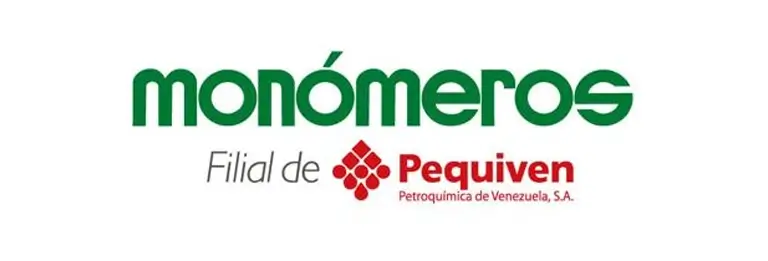Community Action Partnership’s Automated Case Management for Low-Income Energy Assistance
2 min read
Automating Case Management Paperwork Processing
Each winter, thousands of residents in Minnesota’s Ramsey and Washington Counties struggle to access basic heating and utilities. When a household finds itself in need, it turns to the Community Action Partnership of Ramsey and Washington Counties, which runs one of the state’s largest low-income home energy assistance program.
“We receive thousands of calls from clients anxious to know if we can help,” says Catherine Fair, Director of Energy Assistance Programs. “These kinds of calls were hard for our staff to field since we had over 25,000 active applications stored in filing cabinets. We knew that automating our application approval process would make us more efficient and accelerate our ability to help households in need.”
To automate the case management process, the agency began scanning applications and related documentation into a Laserfiche document repository connected to automated document filing, routing and approval workflows.
Case workers can now quickly determine grant amounts and deliver assistance faster:
- Workflows automatically create case folders for new scanned applications, including eligibility worksheets and case note logs, and route them to case workers for review.
- Urgent cases can be automatically sent to an expedited processing queue.
- Staff members can re-direct files to other groups for review and action. If a case worker chooses “yes” under Furnace Problem metadata field, Laserfiche will auto-route the file to the furnace repair group for attention.
“We have significantly improved crisis response time,” says Fair. “Urgent calls for assistance are much more productive. We can find a client’s application immediately by looking in Laserfiche and can then let the client know exactly what he needs to do to complete his application.”
Standardizing Record Archival, Auditing and Security
In addition to expediting service delivery for low-income residents, the new case management process also streamlined the program’s twice-yearly audits. By law, the agency is required to keep archived case files for three years.
Fair explains, “Files are randomly selected by the auditors, and it was a daunting task to find the ones they requested among 25,000 others!”
Being able to store all records in TIFF format was another reason the agency choose document management software. The open file format ensures that the files stored in Laserfiche will still be supported in 25, 50 or even 100 years.
“Vendor lock-in is a big concern for the IT department. If you choose a file format that’s controlled by a single vendor, you invite a lot of unnecessary risk from both an IT and an information governance perspective.”
Laserfiche’s TIFF archival format means that the agency can continually adopt advances in hardware, software and communication technologies without limiting access to their records.
Built-in Windows authentication and named-user access to the repository also enabled the agency to better protect sensitive client information, like social security numbers.
“Laserfiche protects sensitive information while making our business processes more efficient, “ says Fair. “It has helped us tremendously and we hope that other non-profit agencies that deliver federal programs can learn from our success!”
Looking to digitize the case management process at your agency? Get a free demo of Laserfiche software for case management today.
